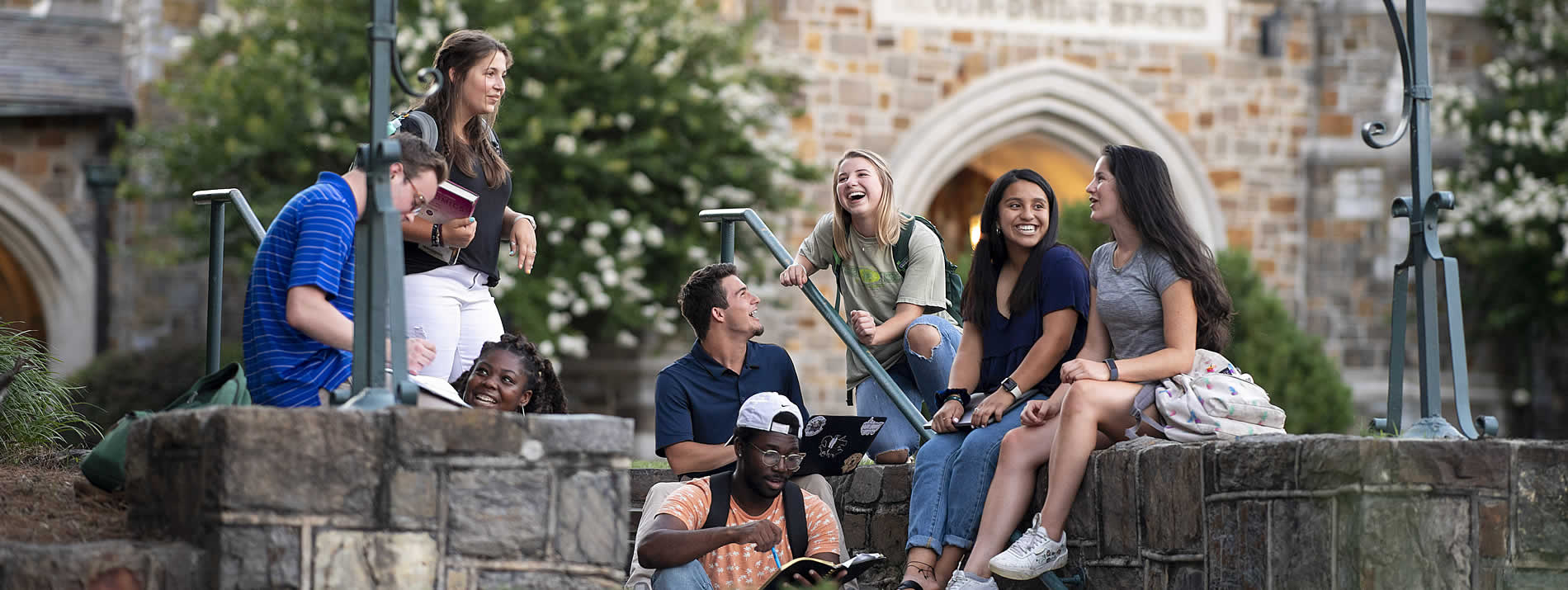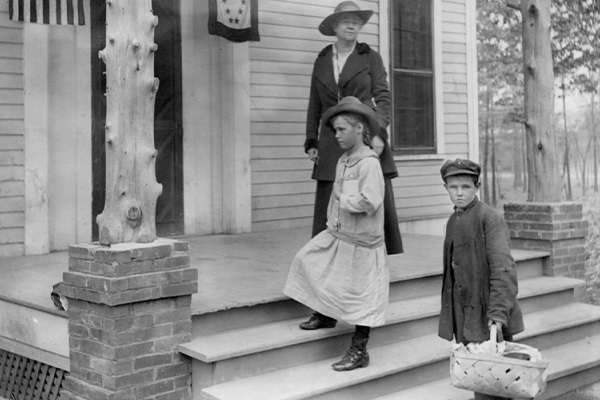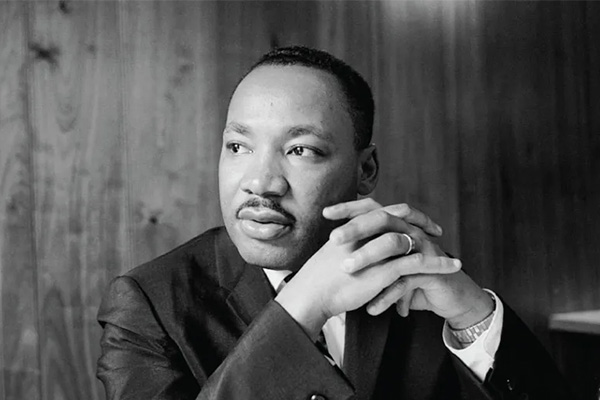Berry College has a long history with Good Neighbor Culture. It was founded on it. Martha Berry was troubled by the socioeconomic challenges of her neighbors. She empowered them to change their futures by building relationships with them and ultimately building a school with them that would change their lives and thousands more after.
A dozen years after Martha’s death, Martin Luther King Jr. stepped forward to lead the civil rights movement. Compelled to confront structures of injustice that blocked opportunities for Black Americans, King nurtured a dream of a nation filled with communities built on a foundation of dignity, love, and justice for all.


